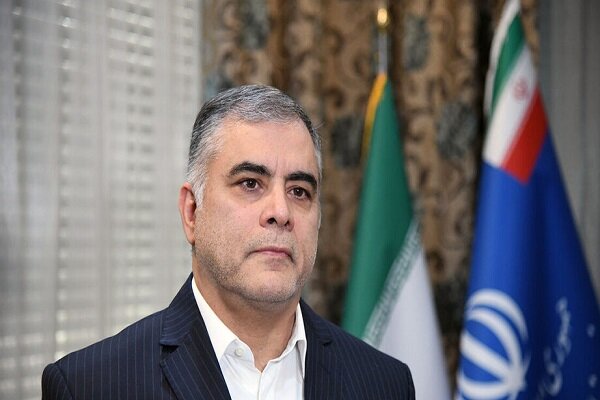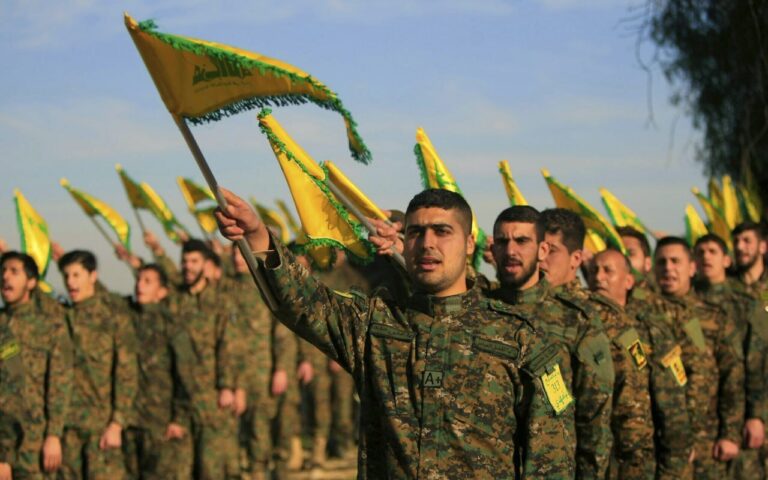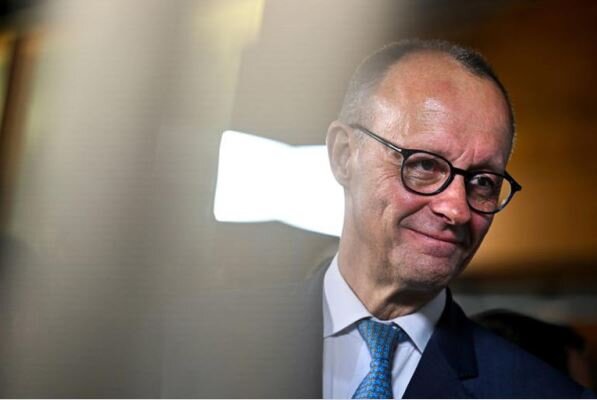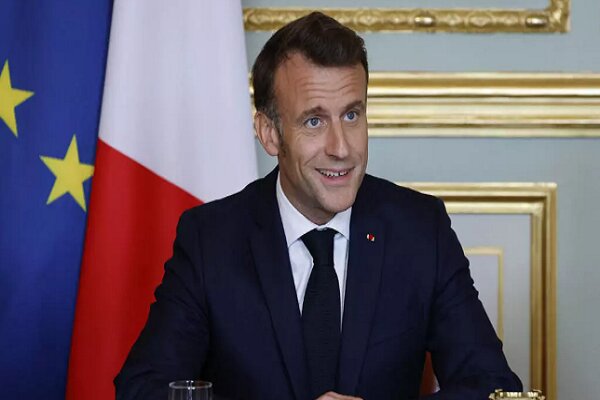JMMC: Key Player in Ensuring Oil Market Stability
In a significant development for the oil market, the 59th Joint Ministerial Monitoring Committee (JMMC) meeting took place via videoconference, where key figures expressed their gratitude towards OPEC+ members for their unity and cooperation amidst challenging conditions. The primary keyword here is “oil market,” which remains a focal point of global economic discussions.
During the meeting, prominent officials acknowledged the essential role of the JMMC in maintaining market stability. The chair and vice-chair were particularly commended for their leadership during these sensitive times. The discussions highlighted the ongoing challenges and opportunities within the oil market landscape.
On the sidelines, Mohsen Paknejad provided insights into the current state of the oil market, stating:
“As we all know, the world today faces multiple uncertainties, including the impact of trade tariffs on the global economy, supply chain shifts, and geopolitical tensions. However, there are also reasons for optimism.”
Paknejad referenced OPEC’s latest monthly oil market report, which projects a global economic growth rate of 3.1% in 2025 and 3.2% in 2026. Notably, oil demand is expected to increase by 1.4 million barrels per day in both years. He expressed confidence that the JMMC would guide member countries in taking proactive measures within the oil market:
“I am confident the JMMC will guide member countries in taking measured and proactive steps in the oil market, drawing on its expertise in evaluating market trends.”
The minister emphasized the importance of ongoing discussions and exchanges during these meetings, stating:
“I am certain the discussions and exchanges in these meetings will play a key role in effectively monitoring OPEC+ decisions and adherence to agreed production levels—a vital issue for producers, consumers, and the global economy in these sensitive times.”
Key points discussed during the 59th JMMC meeting included:
- Recent developments in the oil market.
- Concerns regarding trade wars and their potential impact on the global economic outlook.
- Projected increases in oil demand amidst these uncertainties.
In addition, the committee endorsed the decision of eight OPEC+ members to gradually increase production beginning in May. Emphasis was placed on the necessity for all countries to adhere to their commitments, particularly calling on Iraq, Russia, and Kazakhstan to fully implement their compensation plans for overproduction within the agreed timeline.
These discussions are essential as the JMMC typically convenes every two months and has the authority to recommend policy adjustments, which are then subject to approval at full OPEC+ ministerial meetings. The upcoming JMMC session is scheduled for Wednesday, May 28.
As the oil market continues to evolve, the insights and decisions made during these meetings will undoubtedly have lasting implications for producers and consumers alike. With the backdrop of global uncertainties, the collaboration among OPEC+ members remains critical to navigating the complexities of the market.
In conclusion, the JMMC’s proactive approach is vital in addressing the challenges posed by geopolitical tensions and trade tariffs. By fostering unity and cooperation among member countries, the JMMC aims to uphold market stability and ensure a balanced approach to oil production.
As we look forward to the next JMMC meeting, the anticipation grows regarding the strategies that will be unveiled to address the ongoing challenges and capitalize on the opportunities that lie ahead in the oil market.
Source: MNA/Shana.ir






